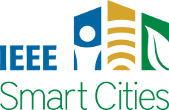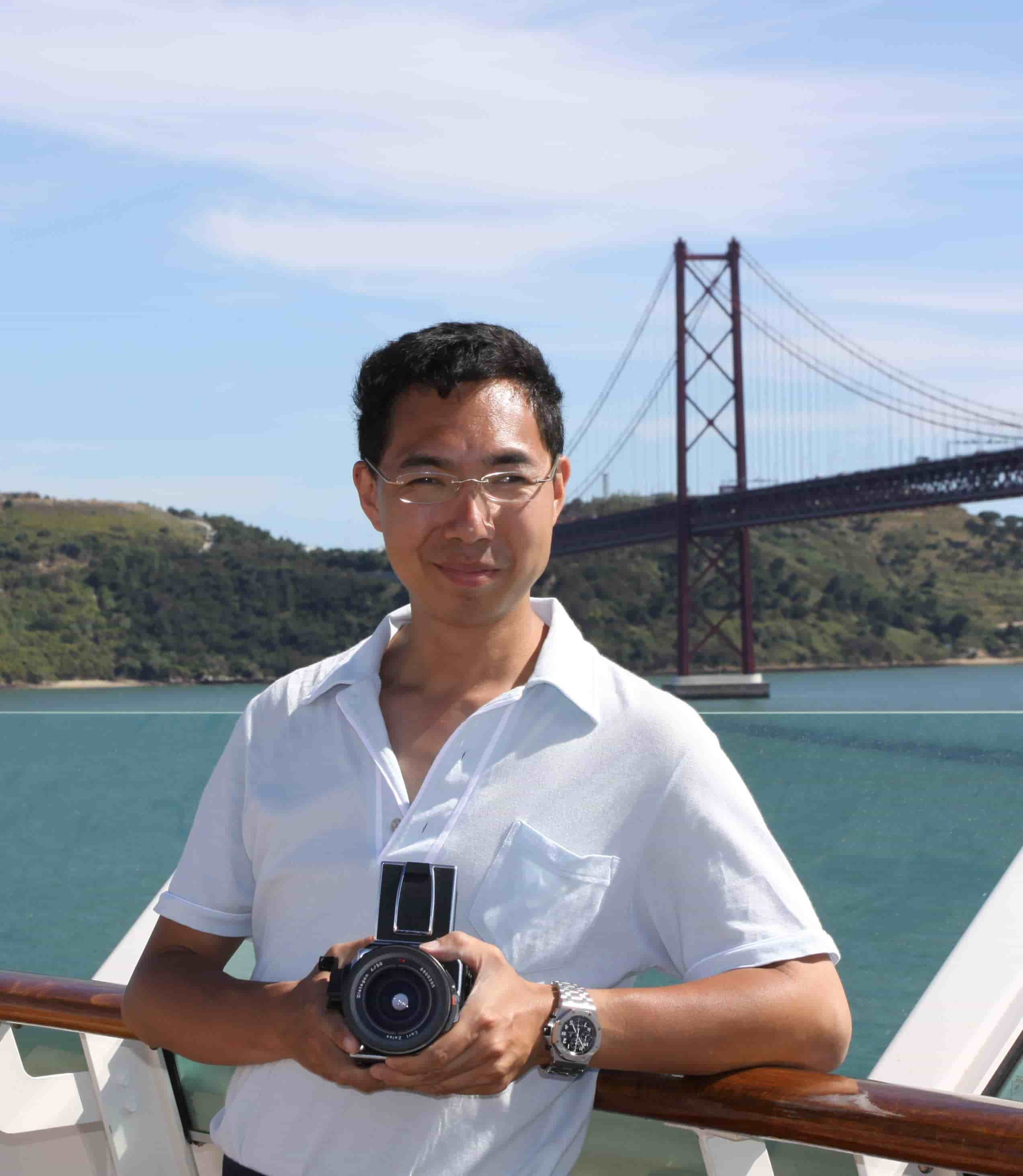Foreword: Empowering Energy Citizens and Energy Communities for Smart Cities, Part 2
Written by Shafi Khadem, Guest Editor
While empowering citizens by turning them from passive to energy active consumers, implementing smart appliances in smart buildings, introducing energy trading/sharing with neighbours, developing new local energy market mechanisms and creating energy communities, the development of integrated technologies/energy systems are some of the most important areas in the formation of smart cities, the innovative smart energy solutions and integrations at the community level can be replicated at the city level. This is part two of a special issue focusing on innovations that are being approached by stakeholders to develop and demonstrate how energy citizens can be empowered to form smart energy communities. These efforts will lead to the development of decarbonized smart grids and cities.
In this special issue of the IEEE Smart Cities eNewsletter, three articles have been presented that address different challenges within the area of peer-to-peer energy trading, development of transparent and interoperable energy management platforms, demonstration of autonomous peer-to-peer transactions.
The first article of this special issue has been written by Anna Gorbatcheva, Alexandra Schneiders, David Shipworth, Nicole Watson, and Shafi Khadem from Europe and is entitled “Global perspectives on Peer-to-Peer, Community Self-Consumption & Transactive Energy Models”. The authors discuss the ongoing IEA Task on the global observatory on peer-to-peer, transactive energy and community self consumptions. Some of their key findings are outlined from the detailed review work and they also recommend next steps.
The second article, entitled “Empowering Communities through Transparent and Interpretable Energy Modeling Platforms” has been written by Rachel Gray, Benedict Vergara, Saniya LeBlanc and Payman Dehghanian from the USA. The authors address how a next-generation Energy Management System (EMS) integrated with a variety of evolving artificial intelligence (AI) and optimization technologies can support the empowering energy communities.
The third article, “Smart Energy for Smart Cities”, has been written by Vinod Pangracious from the UAE. In this article, the author demonstrates a prototype of an autonomous blockchain-based peer-to-peer transaction model that aims to increase clean energy production, consumption and optimization.
As leading editor of this special issue, I would like to extend a special thanks to the authors, the IEEE Smart Cities Publications Committee, and all of the IEEE staff for their ever-tireless support.
This article was edited by Normal 0 false false false EN-US X-NONE X-NONE /* Style Definitions */ table.MsoNormalTable {mso-style-name:"Table Normal"; mso-tstyle-rowband-size:0; mso-tstyle-colband-size:0; mso-style-noshow:yes; mso-style-priority:99; mso-style-parent:""; mso-padding-alt:0in 5.4pt 0in 5.4pt; mso-para-margin:0in; mso-para-margin-bottom:.0001pt; mso-pagination:widow-orphan; font-size:10.0pt; font-family:"Times New Roman",serif;} Loi Lei Lai
To view all articles in this issue, please go to February 2022 eNewsletter. For a downloadable copy, please visit the IEEE Smart Cities Resource Center.

To have the eNewsletter delivered monthly to your inbox, join the IEEE Smart Cities Community.
Past Issues
To view archived articles, and issues, which deliver rich insight into the forces shaping the future of the smart cities. Older eNewsletter can be found here. To download full issues, visit the publications section of the IEEE Smart Cities Resource Center.



